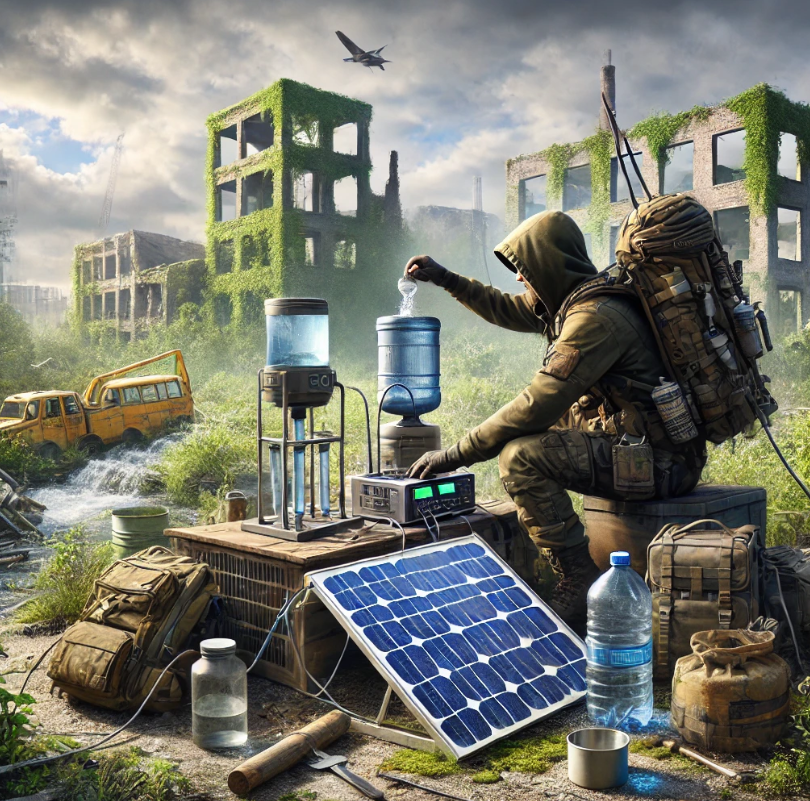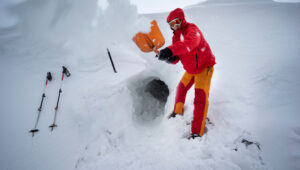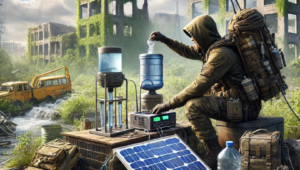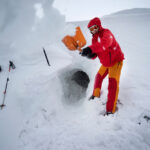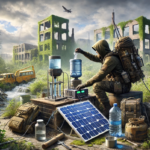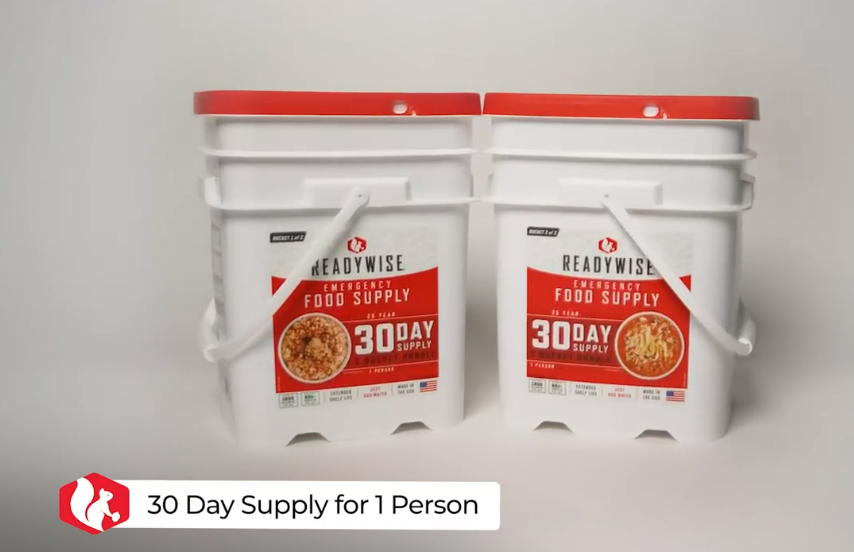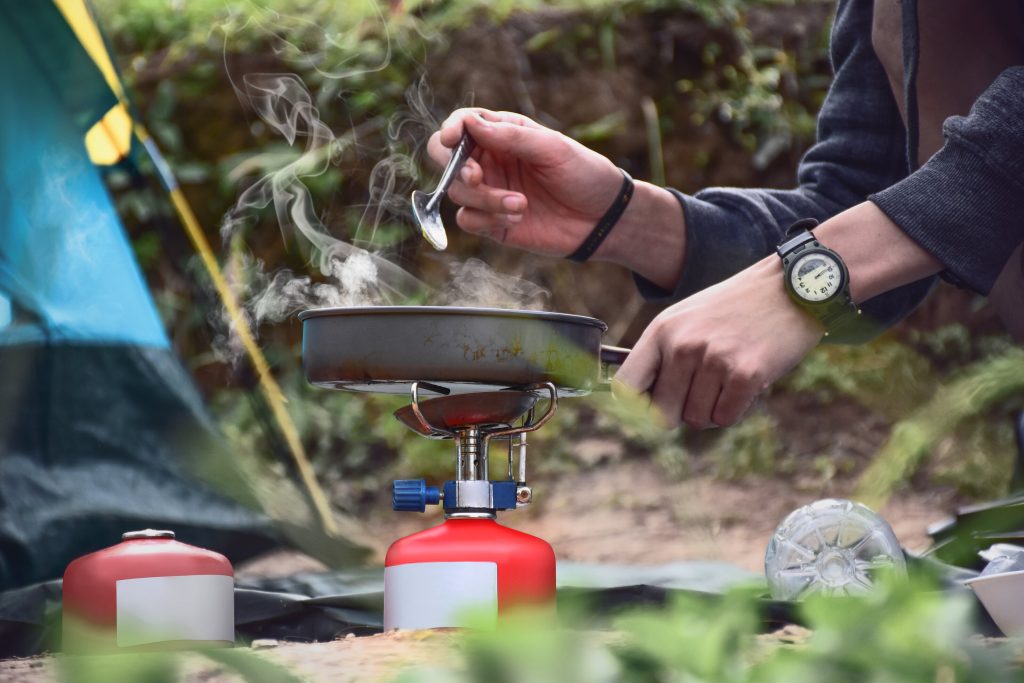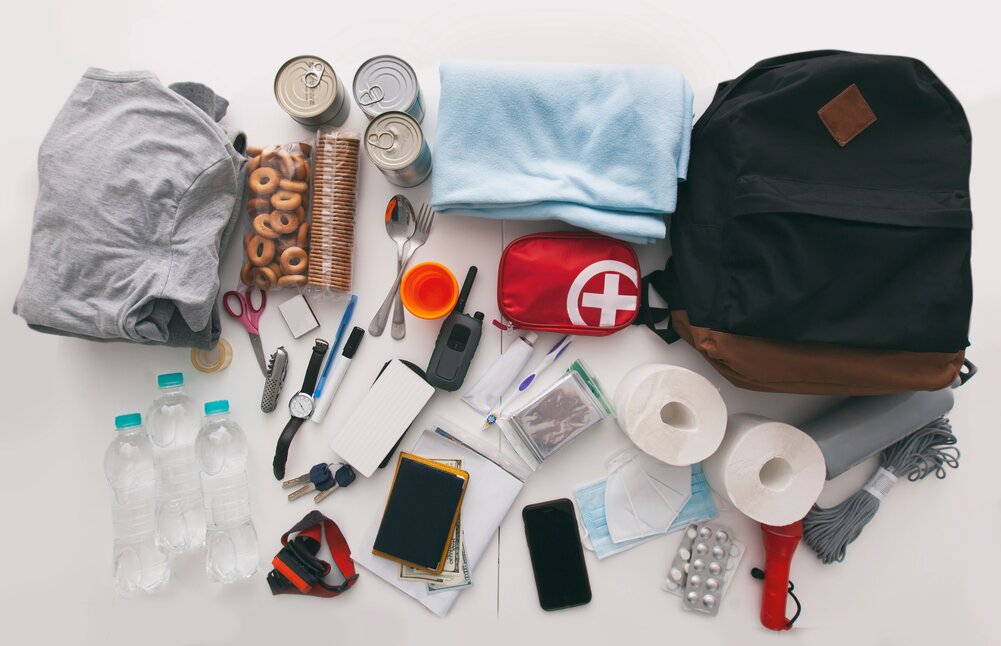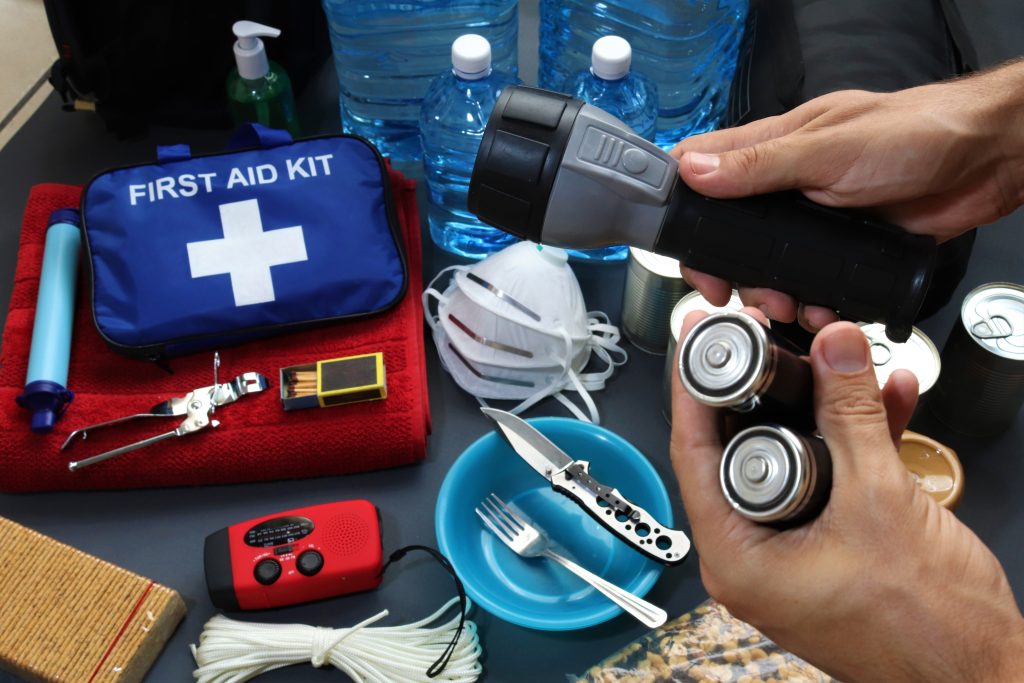In an era where natural disasters, global pandemics, and socio-political instabilities are becoming increasingly common, survival skills are no longer just the domain of outdoor enthusiasts or doomsday preppers. Advanced survival skills have emerged as essential knowledge for navigating a world fraught with modern challenges. While basic survival skills—such as building a fire, purifying water, and creating shelter—are crucial, they form only the foundation. To thrive in today’s unpredictable environment, individuals must develop advanced techniques that address technological, psychological, and logistical challenges.
This comprehensive guide explores advanced survival skills, backed by statistics, real-world examples, and actionable strategies to help you prepare for the unexpected.
1. The Evolution of Survival Skills
Survival skills have traditionally been associated with wilderness settings. However, modern challenges necessitate an expanded toolkit. Urban environments, digital threats, and climate crises are reshaping the survival landscape. According to a 2023 report by the International Federation of Red Cross and Red Crescent Societies, natural disasters affected over 300 million people globally, a 25% increase from the previous decade. Urbanization exacerbates the impact, with 56% of the world’s population living in cities as of 2024.
2. Urban Survival: Navigating the Concrete Jungle
Urban environments present unique challenges, from power outages and water shortages to civil unrest. Advanced urban survival skills include:
- Navigating Without GPS: In a digital blackout, knowing how to use physical maps and landmarks is invaluable. Practice orienting yourself in your city using cardinal directions and prominent landmarks.
- Improvised Water Filtration: In urban crises, clean water may be scarce. Learn how to use activated charcoal, sand, and improvised filters to purify water. FEMA recommends storing at least one gallon of water per person per day for emergencies, but improvisation is key when supplies run out.
- Crowd Dynamics: Understanding how to move through and avoid dangerous crowds is critical. Studies on crowd behavior, like those by Dr. G. Keith Still, reveal that staying on the periphery of a crowd minimizes risks of trampling or entrapment.
3. Digital Survival: Protecting Against Cyber Threats
In a hyper-connected world, cyber resilience is as critical as physical preparedness. Cyberattacks are predicted to cost the global economy $10.5 trillion annually by 2025 (Cybersecurity Ventures).
- Data Backup and Encryption: Regularly back up important data offline and encrypt sensitive information. Use tools like BitLocker or VeraCrypt for robust security.
- Communications Security: Learn to use encrypted messaging apps such as Signal. In emergencies, ham radios provide a reliable communication alternative.
- Digital Footprint Awareness: Minimize your digital footprint to reduce the risk of targeted cyberattacks. Familiarize yourself with tools like Tor and VPNs to anonymize online activities.
4. Advanced First Aid: Beyond Bandages
Basic first aid is crucial, but advanced medical skills can save lives when professional help is unavailable. Consider:
- Hemorrhage Control: Learn how to use tourniquets and hemostatic agents like QuikClot. Uncontrolled bleeding is the leading cause of preventable death in trauma cases, accounting for 30-40% of fatalities.
- Field Surgery Basics: While not a replacement for professional care, knowing how to clean and close wounds with sutures or staples can be life-saving.
- CPR and AED Use: A study by the American Heart Association found that immediate CPR doubles or triples the chance of survival after cardiac arrest. Advanced training courses teach how to use automated external defibrillators (AEDs) effectively.
5. Food Security and Foraging
Advanced food security involves planning beyond stockpiles. Skills include:
- Edible Plant Identification: Urban foraging can supplement food supplies. Learn to identify common edible plants like dandelions, plantain, and purslane.
- Long-Term Preservation: Techniques such as freeze-drying, vacuum-sealing, and fermenting extend food shelf life. Studies from the USDA highlight that freeze-dried foods retain 97% of their nutrients.
- Small-Scale Agriculture: Hydroponics and aquaponics are viable options for urban dwellers. The United Nations Food and Agriculture Organization (FAO) emphasizes these methods as sustainable ways to grow food in limited spaces.
6. Psychological Resilience: Surviving the Mental Toll
Survival is as much a mental game as it is physical. Psychological resilience can mean the difference between giving up and pushing through.
- Stress Management Techniques: Practices like mindfulness and controlled breathing reduce cortisol levels, improving decision-making under pressure.
- Community Building: A strong support network can boost morale. FEMA’s Community Emergency Response Teams (CERT) program trains volunteers to assist their neighborhoods during crises.
- Adaptability Training: Exposure to simulated crisis scenarios helps build mental toughness. Organizations like Outward Bound offer survival courses that emphasize problem-solving under stress.
7. Renewable Energy Solutions
With power grids increasingly vulnerable to cyberattacks and natural disasters, renewable energy solutions are essential.
- Solar Power: Portable solar chargers keep essential devices running. According to the International Energy Agency, the cost of solar panels has dropped by 82% since 2010, making them more accessible.
- Micro Wind Turbines: Small-scale wind turbines can power critical appliances. Hybrid systems combining wind and solar provide consistent energy.
- Battery Storage: Invest in high-capacity batteries like the Tesla Powerwall or Goal Zero Yeti to store energy for extended outages.
8. Self-Defense and Security
Safety is paramount during social unrest or personal threats.
- Situational Awareness: Train yourself to notice unusual behavior and identify exits in unfamiliar environments.
- Defensive Tools: Non-lethal options such as pepper spray or tactical flashlights are effective. In some cases, advanced firearms training may be appropriate, depending on local laws and comfort levels.
- Securing Your Home: Reinforce doors and windows with security film and install motion-activated cameras. The National Crime Prevention Council notes that homes with security systems are 300% less likely to be burglarized.
9. Navigation and Communication in Remote Areas
For those venturing into wilderness or remote areas:
- Advanced Navigation: Learn celestial navigation and advanced map-reading techniques. GPS devices are useful but not failproof.
- Emergency Signaling: Devices like Personal Locator Beacons (PLBs) and satellite messengers like Garmin inReach provide life-saving communication options.
- Weather Prediction: Understanding cloud formations and barometric pressure changes can help anticipate storms.
10. Bartering and Resource Management
In a prolonged crisis, money may lose its value, making barter skills crucial.
- Stockpile High-Demand Items: Items like batteries, water filters, and medical supplies often become currency.
- Negotiation Skills: Effective bartering requires clear communication and understanding perceived value.
11. Staying Informed
Knowledge is power. Stay updated on emerging threats and survival techniques:
- Training and Certifications: Organizations like the Red Cross and Wilderness Medical Society offer advanced courses.
- Reliable News Sources: Subscribe to reputable outlets and use apps like FEMA’s to receive alerts.
- Community Networks: Join local prepper groups or forums to exchange knowledge and resources.
Bottom Line…
Advanced survival skills bridge the gap between basic preparedness and true resilience. By mastering these techniques, you not only improve your odds of survival but also contribute to the safety and well-being of your community. Whether facing a natural disaster, a digital blackout, or societal unrest, preparation is your best defense. Remember, survival is not about fear but empowerment through knowledge and action.
By embracing advanced survival skills, you’ll be ready to tackle the challenges of the modern world head-on, ensuring not just survival but the ability to thrive in any situation. Start building your advanced survival toolkit today, and secure your place in an uncertain future.

